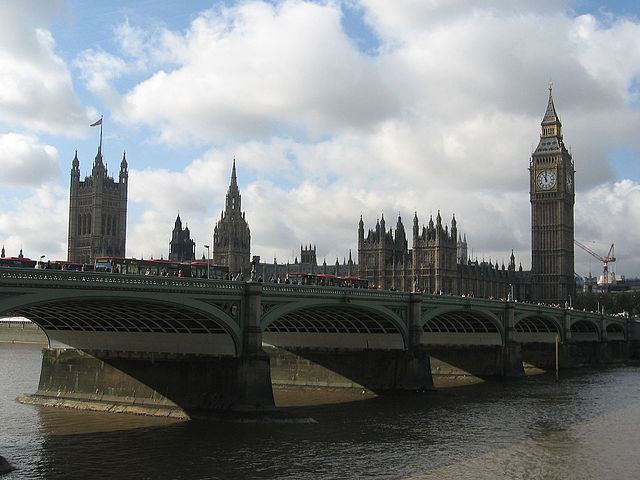The SP and the British Eurosceptic right
The SP and the British Eurosceptic right
This week I paid a quick visit to London to attend a conference on the reform of the European Union. The conference was organised by the British think tank Open Europe. My conclusion at the end of the day was that many British people have the same concerns as the SP regarding the undermining of national democracy by the increasingly far-reaching transfer of powers to Brussels. It’s just a pity that the British Conservatives remain committed to marketisation; because where the market rules, democracy takes a back seat.

I was in strange company in London: the British Conservatives, of course, including the Minister for European Affairs, were present in large numbers, but right-wing parties from other EU member states were also strongly represented. Even former Dutch government minister and later European Commissioner Frits Bolkestein of the right-wing VVD was present. As the only socialist one soon felt a bit out of place. Nevertheless, it turned out okay. Our proposal to remove the right of initiative (ie, the power to propose new laws) from the Commission, for example, went down well: this socialist party, this SP wants to go even further than we do! Then, soon enough, along came the British government with a rather more measured approach, a well-known British negotiating tactic: let others stick their necks out, then the UK can in the end come out with a more moderate proposal, which was often their position in the first place.
It was in a certain sense a relief to speak to an audience which at least shares your analysis in this respect: the more powers go to Brussels, the stronger the opposition to this will become. The Europhobe forces, people such as Wilders and LePen, will then obviously become ever stronger with all the consequences that will bring. So it’s high time we proposed a realistic alternative. The SP wants to do this by putting the role of the national parliaments centre-stage. More veto rights, more possibilities for opt-outs, what the British call ‘flexibilisation’ of Europe, and in this area we find much to agree on.
On social and economic policy, however, we stand squarely at odds with each other. Right-wing speakers stressed that there is no need for any social rights at all: just trust to the market and all will be well. Marketisation and free trade are core concepts for the British Conservatives, and for them everything depends on these.
No wonder that in these matters the differences with the SP are great: we want to see a regulated market, because we know that the market doesn’t lead to fair shares. The market can live very comfortably with exploitation, and we can’t. It is, moreover, simply dangerous to democracy if major corporations and financial institutions gain, as a result of continual marketisation, more influence than the electorate. That’s precisely the problem in Brussels: the European Commission and a number of government leaders, including our own prime minister, are led by the nose by multi-national companies and banks. We want rid of this. Democracy means putting an end to back-room politics and the decisive influence of lobbyists. For this reason my visit to Open Europe in London did not lead to any real alliance, however much we may agree on the need to restore national democracy.
- See also:
- Dennis de Jong
